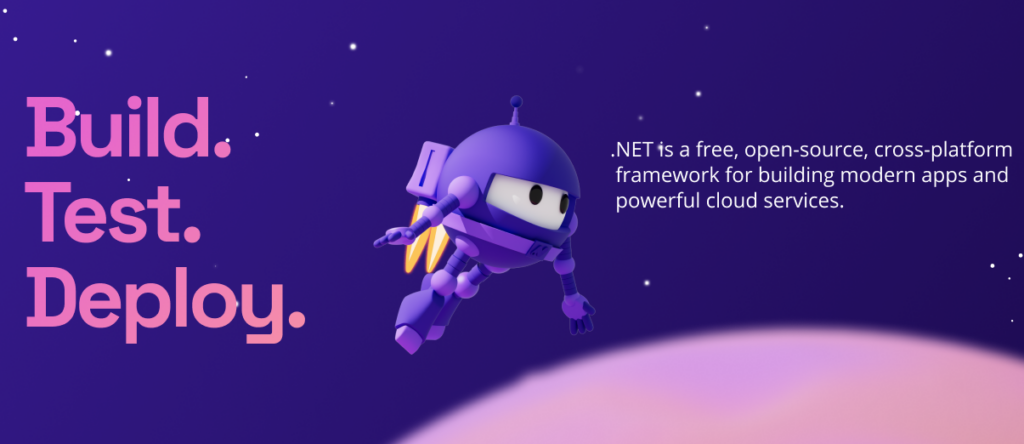Post by this author


Introducing Support for Brotli Compression

.NET Fringe: A Great Role Model for Community Oriented Conferences

Introducing .NET Standard

.NET Support and Versioning

.NET Core Roadmap

Making it easier to port to .NET Core

.NET Framework Compatibility Diagnostics

Porting MSBuild to .NET Core


 Light
Light Dark
Dark